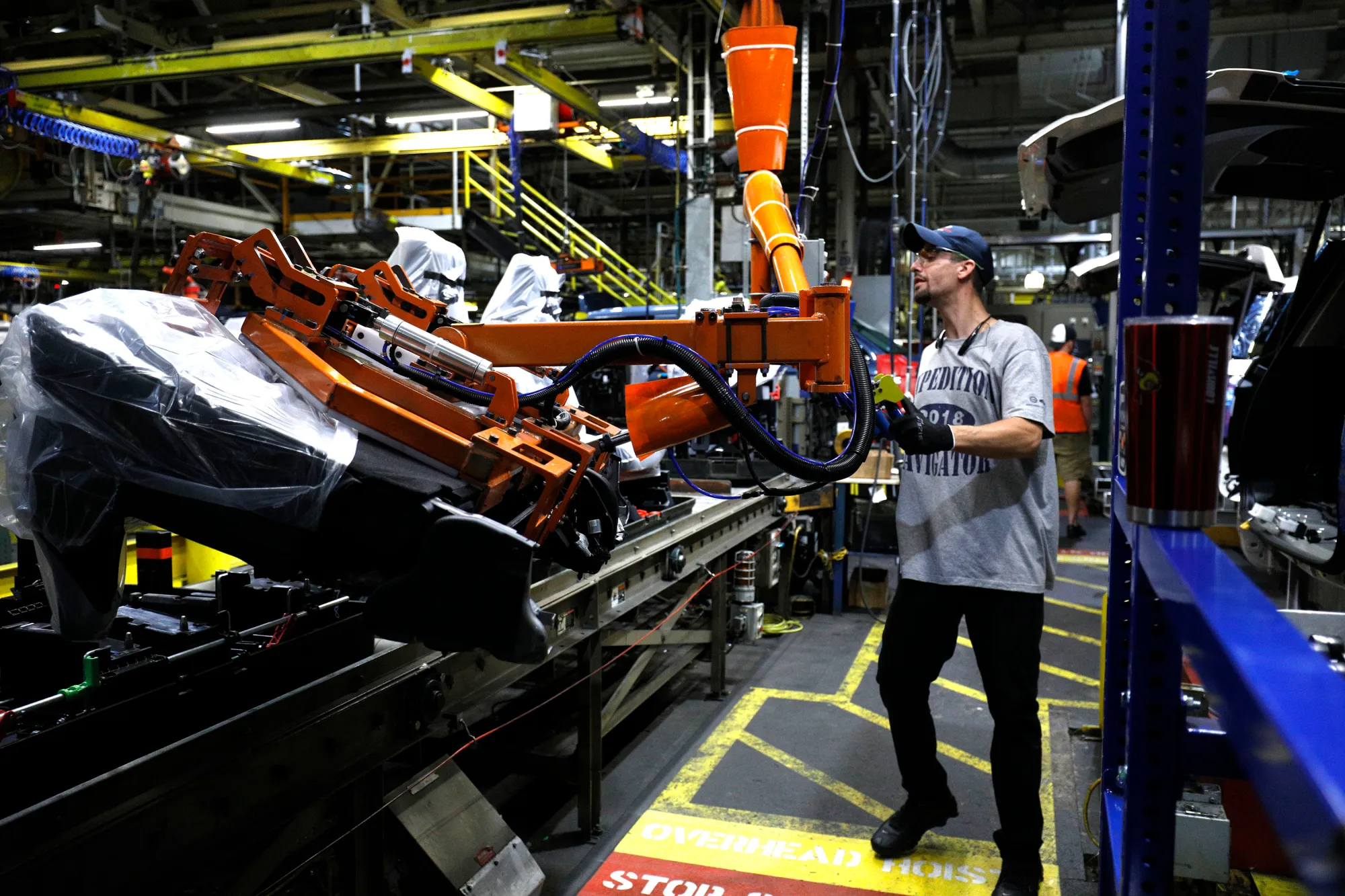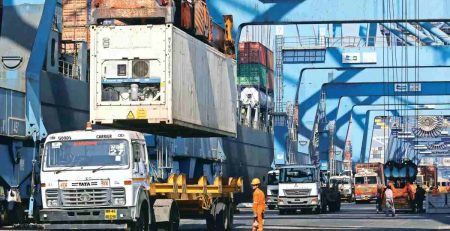The Economic Backbone: Unlocking the Economic Value of the Manufacturing Industry
The manufacturing industry stands as the cornerstone of economic growth and development in nations across the globe. Beyond its role as a producer of goods, manufacturing significantly contributes to job creation, innovation, exports, and overall economic prosperity. This article delves into the multifaceted economic value of the manufacturing sector, exploring its diverse impacts on local and global economies.
1. Job Creation and Employment:
Manufacturing industries are prolific job generators. From skilled technicians and engineers to assembly line workers, manufacturing provides employment opportunities to a vast workforce. The sector’s demand for diverse skills and talents ensures a wide array of job opportunities, ranging from manual labor to highly specialized roles. This employment stability fosters economic stability by reducing unemployment rates and supporting families and communities.
2. Economic Growth and GDP Contribution:
Manufacturing contributes significantly to a nation’s gross domestic product (GDP). The creation of goods for both domestic consumption and export bolsters economic growth. As manufacturing activities expand, they stimulate demand in related sectors, such as transportation, raw material supply, and services, amplifying the economic impact and fostering a cycle of growth.
3. Innovation and Research Development:
Manufacturing drives innovation by pushing the boundaries of technology and materials. Research and development (R&D) activities within the sector lead to the creation of new products, improved processes, and enhanced technologies. Innovations in manufacturing spill over to other sectors, propelling advancements in various industries, including healthcare, aerospace, and electronics. This constant innovation fuels economic competitiveness on the global stage.
4. Export Revenue and Trade Balance:
Manufactured goods constitute a significant portion of a country’s exports. By producing goods for international markets, nations earn valuable foreign exchange, improving their trade balance. Export-oriented manufacturing industries create a positive impact on the economy, allowing countries to invest in infrastructure, education, and social welfare programs, thereby raising the overall standard of living.
5. Supply Chain Contributions:
Manufacturing industries are central to intricate supply chains that span the globe. From raw material sourcing to distribution and retail, manufacturing activities involve a multitude of businesses and services. These interconnections create a network of economic transactions, supporting a wide range of ancillary industries, including logistics, packaging, and marketing, thereby enriching the economic landscape.
6. Skills Development and Human Capital:
The manufacturing sector nurtures a skilled workforce. Through vocational training, apprenticeships, and on-the-job learning, workers acquire specialized skills and technical expertise. These skills are transferable and contribute to the development of a versatile and adaptable workforce. Skilled workers enhance a nation’s human capital, making it more competitive in the global market and attracting investments from multinational corporations.
7. Economic Resilience and Diversification:
A robust manufacturing industry contributes to economic resilience. Countries with diverse manufacturing bases can weather economic uncertainties more effectively. When one sector faces challenges, a diversified manufacturing industry ensures that the overall economy remains stable. Economic diversification through manufacturing strengthens a nation’s ability to navigate global economic fluctuations.
In conclusion, the economic value of the manufacturing industry is immeasurable. Beyond its tangible output, manufacturing fuels economic growth, fosters innovation, creates employment, and sustains vibrant communities. As nations continue to invest in the sector, they unlock not only economic opportunities but also the potential for sustained prosperity, shaping a future where manufacturing remains a powerful engine of economic advancement.











Leave a Reply